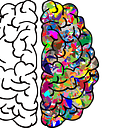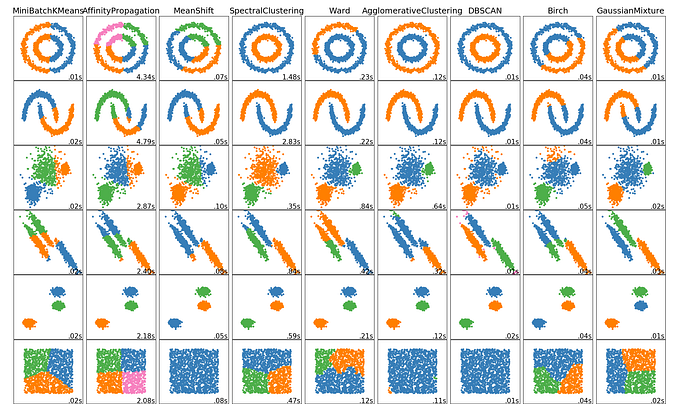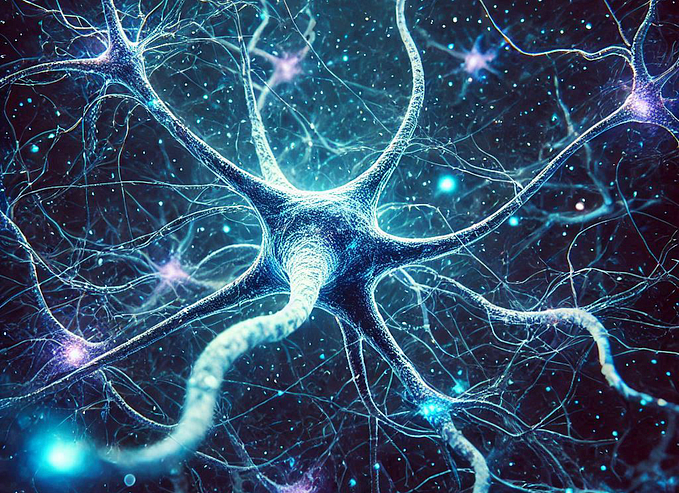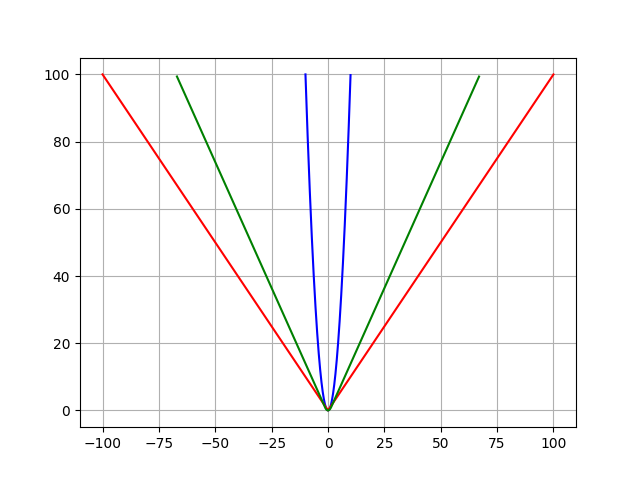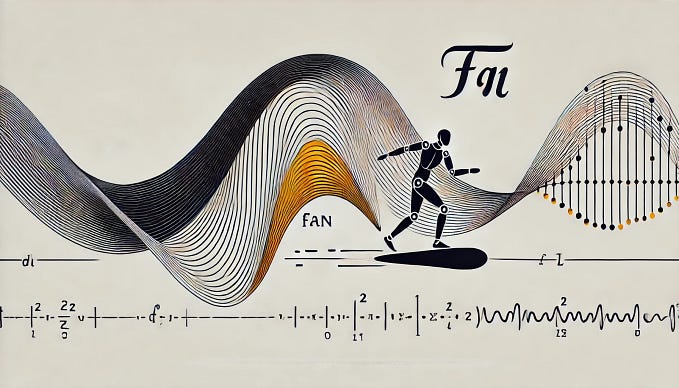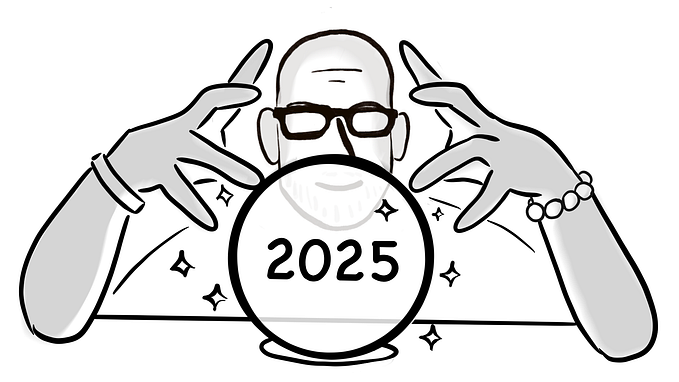How Artificial Intelligence is Accelerating Drug Discovery
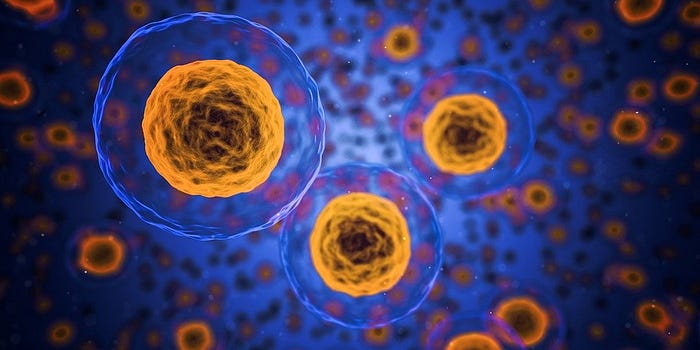
Artificial Intelligence (AI) is taking over every industry. We’ve had electricity, we’ve had the internet, and now, we have AI.
AI in the Modern Age
The goal of artificial intelligence is to simulate human intelligence using computers. Humans (at least so far) are a lot smarter than computers. We can solve complex problems such as building bridges. We can understand each other’s feelings and emotions just by looking at one’s body language. A computer can’t do that, at least, not with programming it with millions of lines of code.
Computers are great at performing calculations very very quickly. A modern PC or Macbook that you can buy at the mall for $1000 will contain a processor which runs at 3.0 GHz speed. That’s three billion operations per second.
These days, that computing power is being leveraged to build AI by teaching computers new concepts, just like we can teach humans new skills. Modern AI is data-driven, meaning that the AI builds up its knowledge by consuming data.
To teach modern AI system what a car looks like, we can show it a few pictures of a car with different models, shapes, and colors. The AI will then learn from these examples the characteristics that make up a car — the shape, the body, the parts, the overall look of the car. When it sees a new car it’ll know what it is since it’s seen something like it before.
This same concept of teaching AI systems by showing it lots of examples is being applied in nearly every modern industry. AI is being trained to look through legal documents, writing out the perfect sales pitch for a potential client, and predict stocks. All we had to do was show the AI a lot of examples of legal documents for various cases, sales pitches to clients, and stock market data for it to learn how to work with it.
The Science of Drug Discovery
The field of Drug Discovery involves the search, discovery, and experimentation of new medications. Typically, this can be done in one of two ways:
(1) Scientifically identifying the active ingredient in natural methods that perform the same function as we want our drug to. For example, the active ingredient in Advil is Ibuprofen which reduces the hormones responsible for causing inflammation and pain in the body
(2) Getting lucky. Penicillin was discovered by accident when Scottish Scientist Alexander Fleming, after coming back from vacation discovered that he had accidentally left a bacteria out in the lab in an open petri dish. When he examined the dish, he found that a perfectly circular mold had formed in the middle of the bacteria, perfectly uncontaminated. That mold was later classified as Penicillin and went on to save millions of lives.
Method (2) of Drug Discovery is nice. We’d love to have such lucky accidents happen to us every day! But method (1) is the only solution we can count on. Doing a real, scientific search for a solution. That’s where AI can help.
Where AI can help Drug Discovery
As we all very well know, science can be complicated. Especially so with something as experimental as Drug Discovery. Scientists have a pretty good idea of how different chemicals in the body will react and work together. But with medications, we’re dealing with human bodies where the stakes are a lot higher, and so are the costs associated with experimenting.
A scientist working in Drug Discovery might conduct hundreds of planned and well-calculated experiments over years of work. It starts in the lab where chemicals are tested with other chemicals in something like a petri dish or test tube. Once those tests “pass” the experiments move on to being conducted on rodents — mice and rats usually. Then, on to dogs and chimps. And last but not least, human trials.
These procedures are rigorous, often taking years to complete. Costs can get into the billions of dollars and there’s a very high chance of failure. A failure at any one of these stages sends us back to ground zero. There are thousands of chemical combinations and much of the work is experimental with some of the basis of success coming from empirical evidence.
Patients in the human trials are often exposed to side effects that cannot be predicted. Even if the trial is successful in the end, it has to go through regulatory approval. It may or may not receive this approval which in the United States comes from the US Food and Drugs Administration (FDA).
Modern AI is particularly effective in applications where there’s a lot of data and / or a lot of repetitive action. That makes Drug Discovery a prime candidate. Lots of test data gathered over the many years and lots of repetitive experiments being conducted.
One of the most challenging and time-consuming parts of Drug Discovery is, well, the actual discovery. Getting the right chemical compounds in exactly the right proportions is a big challenge. If it can be solved, it can save on years of experimentation, testing, and human trials.
That’s where most AI for Drug Discovery companies are focused. Using AI to go through combinations of drugs and learn about them. What would make a good drug for this application? A bad one? If I applied this drug in that way, what would happen? In a way, the AI can conduct the exact same experiments that a Scientist normally would, just in a computer simulation. This way, it can go through many experiments in a very short period of time. This is a huge saving on Scientists, and society’s, time, money, and health.
Showcasing AI for Drug Discovery
Atomwise develops Convolutional Neural Networks (CNNs) to conduct massive experiment-based searches for certain drugs. Developing the right drug for the right application is a delicate balance of making something that is both effective and safe without side-effects. Normally, this requires many experiments and still, we’re not 100% sure that the drug will always be 100% safe. Atomwise effectively moves that work onto the computer and into an AI system by training CNNs to do the experiments automatically. This allows Scientists to conduct far more experiments, millions of them, to select a more reliable subset of drugs that could be feasible.
Notable startups which are similar to Atomwise are Deep Genomics, Schrodinger, and Recursion AI.
PathAI is focused on accurate diagnosis of diseases. Pathologists play a very important role in healthcare. They’ll essentially analyze things like tissue samples in order to diagnose it and determine the next course of action, especially in the case of a potential disease being present. Since such a process requires a specialist — the Pathologist, it quickly becomes expensive, time-consuming, and even prone to human error in some cases.
PathAI’s proposed solution is to train AI to make these kinds of diagnosis. The AI doesn’t even have to be able to perfectly diagnose every single tissue. But what it can do is greatly reduce the workload on Pathologists. Have the AI examine all of the tissue samples. Since it’s being run on a computer, it’s less limited in terms of workload and can do very complex analysis. The AI system can then pass a subset of tissue samples, those which are deemed to be “of interest”, and not bother the Pathologist with samples for which it is very confident in its diagnosis. AI can also be trained to point out “areas of interest” within the tissue that it believes the Pathologist should pay extra attention to. All of these really help streamline the process for both Scientists and their patients.
Notable startups which are similar to PathAI are Paige.AI and IBEX.
There are several startups working on enhancing and optimizing clinical trials, aiming at making the entire process more effective. Athelas is developing a device that analyzes the biomarkers of cancer from a single drop of blood, allowing for an incredibly quick analysis of the state of the disease. Imagia’s software analyzes radiological images in order to predict the progression of a patient’s disease and response to potential treatments. WinterLight Labs has a system that assesses and monitors cognitive health by analyzing a short speech sample. It can be used to track a patient’s cognitive state throughout clinical trials and experiments.
For more on companies applying Artificial Intelligence to Drug Discovery, checkout BenchSci’s articles on Drug Discovery startups and Pharma companies.
Like to learn?
Follow me on Twitter, where I post all about the latest and greatest AI, Technology, and Science. I’d love to connect with you on LinkedIn too.
Note from Towards Data Science’s editors: While we allow independent authors to publish articles in accordance with our rules and guidelines, we do not endorse each author’s contribution. You should not rely on an author’s works without seeking professional advice. See our Reader Terms for details.

